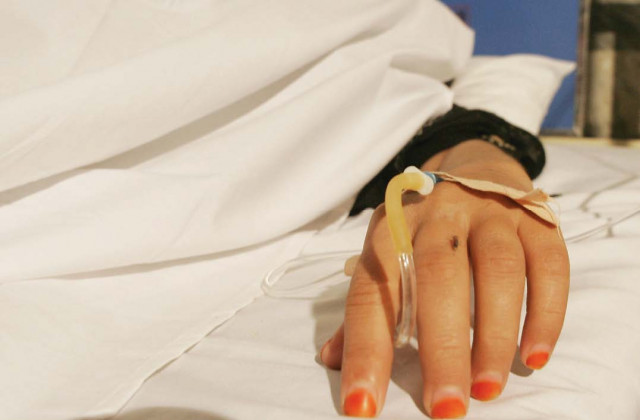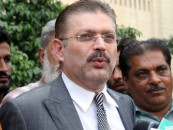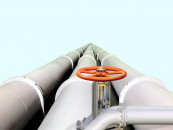Three-fourths of cancer patients in country diagnosed late
Expert says disease spreading among families unable to afford expensive therapies

Nearly 75 per cent of cancer patients in Pakistan are diagnosed when the disease has advanced to stage three or four, leaving limited treatment options and poor chances of survival, leading oncologists have cautioned at an international conference.
Healthcare specialists revealed at the event organised by the Society of Medical Oncology Pakistan (SMOP) that only 3% of patients in the country are identified at an early, curable stage.
Families often spend their life savings on treatment, yet late detection reduces the odds of recovery, they lamented.
"Cancer survival depends entirely on how early it is treated. For example, breast cancer survival is up to 99% in stage one, but drops dramatically in later stages," said Health Services Academy Vice Chancellor Professor Shahzad Ali Khan in his keynote address.
He noted that cancer, once more prevalent in affluent groups, is now spreading among lower-income families who cannot afford expensive therapies. The disease also appears to behave differently in Pakistan — emerging at younger ages, advancing more aggressively, and often responding poorly to drugs developed abroad.
Khan stressed that Pakistan lacks a modern public-sector cancer hospital, and the Atomic Energy Commission centres cannot serve as a replacement for specialised oncology facilities. "There is only one oncologist for every million people. But with patients reaching stage three or four, even more doctors alone cannot solve the problem," he said.
He attributed late diagnosis to community-level delays due to low awareness and system-level delays caused by untrained primary care physicians and the absence of referral pathways. He alleged that many doctors avoid referring suspected cases to protect their clientele, causing delays.
He urged preventive lifestyle changes, pointing to poor diet, lack of exercise, rising stress and sleep issues as major contributors. "Unless we address these risk factors, the cancer crisis will only intensify," he warned. He also criticised the practice of hosting such discussions in five-star hotels, calling it "hypocrisy" to talk about poor patients in luxury settings, and offered Health Services Academy facilities free of charge for future events.
In another session, experts shared data from the International Agency for Research on Cancer (IARC). The date showed that breast cancer accounts for 31% of female cancers in Pakistan, followed by head and neck cancers (8.6%), lung cancer (5.6%) and colorectal cancer (5.1%).
Specialists also discussed advances in treatment, highlighting immunotherapy — particularly immune checkpoint inhibitors — as a breakthrough with stronger outcomes compared to chemotherapy. Dr Ilya Pokataev from Moscow presented trial data showing a biosimilar pembrolizumab with safety and efficacy equal to the original drug. Dr M Nauman Zahir said the antibody was approved for 24 cancer types and might benefit thousands of Pakistani patients if made affordable.
Oncologists welcomed the introduction of innovative therapies but emphasised the need for affordability, local adaptation and robust cancer-care infrastructure to improve survival rates.

























COMMENTS
Comments are moderated and generally will be posted if they are on-topic and not abusive.
For more information, please see our Comments FAQ